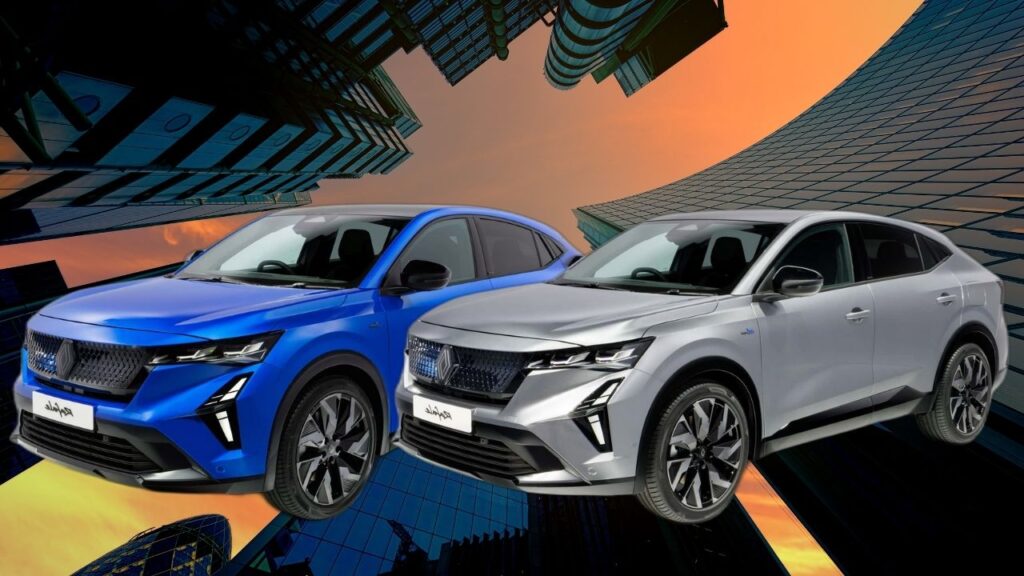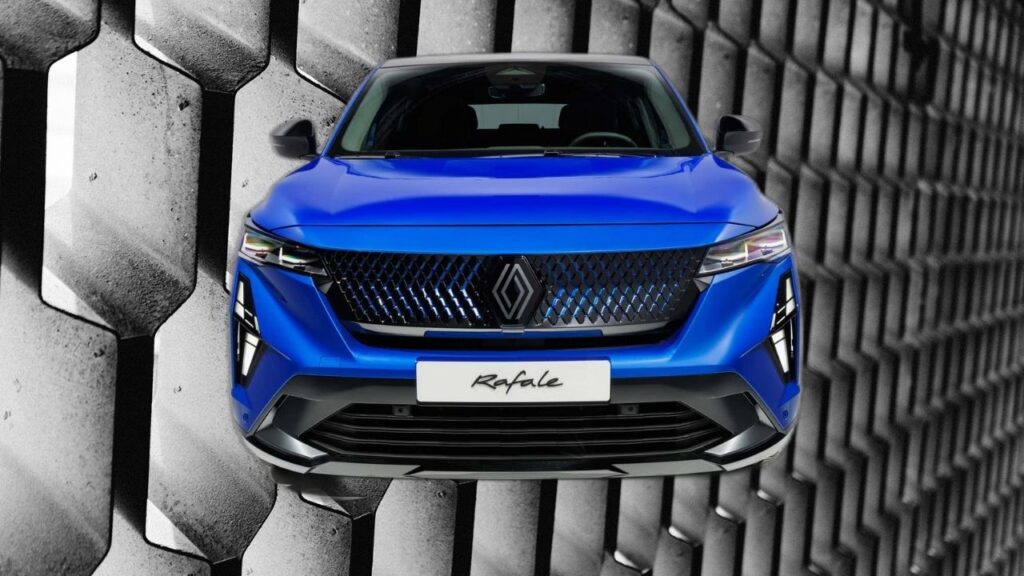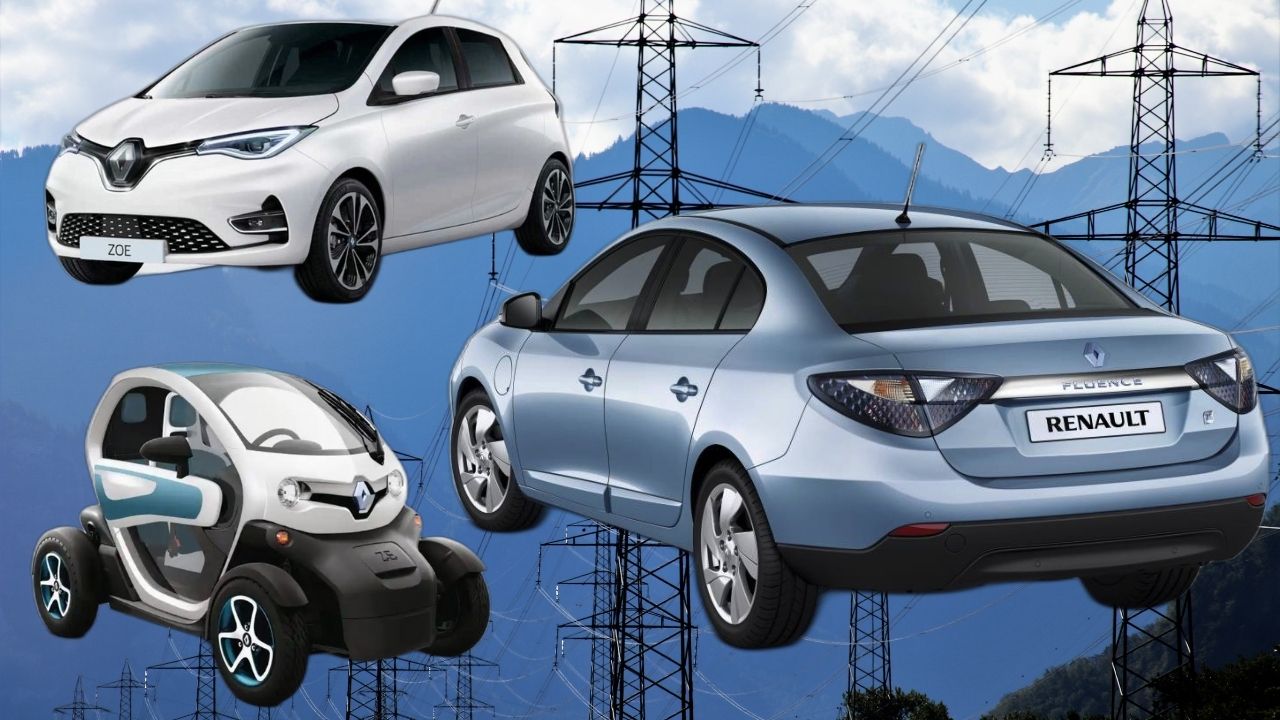While all global brands are fully focused on electrification, Renault has made a different move. With its Horse initiative, which pleases those who do not like electric cars, the brand will continue to develop internal combustion engines and transmission technologies. So why is Renault pursuing internal combustion engines while all other brands globally are choosing electrification? Moreover, Renault has also started to see the first trends of electric cars globally. Here are Renault Horse and its details…
Renault will continue to develop internal combustion engines until 2040!
First, let’s look back a bit. Who remembers the Renault Fluence ZE model? Many people may not remember, and some might even ask, “What does ZE mean?” Fluence ZE could be one of the most significant steps in the history of electric cars because it was the first time a sedan family car was offered for sale as a fully electric vehicle. Although Fluence ZE made a big splash at that time, it didn’t gain much popularity, but it fulfilled its mission as the first of its kind for Renault.

Later on, we continued to see fully electric Renault models like Twizy and Zoe. While electric cars may seem to have emerged primarily with Tesla, in fact, Renault had already introduced a sedan electric car to the market before them, although its lifespan was short. Now the brand has turned its focus back to internal combustion engines rather than electrification.
Renault’s internal combustion engine department, named Horse, established in collaboration with Geely and Aramco, has started its operations with 9,000 employees. According to this, the brand will continue to produce internal combustion vehicles until 2040. It is worth noting that the brand will probably prioritize hybrid engines. Although they are not considered purely internal combustion engines, they are produced using similar technologies.
So, is Renault not going to produce any electric cars at all?
The answer to this question is no. From an external perspective, the brand seems to be interested in both sides, but for at least this stage, it is placing more emphasis on internal combustion engines. The French manufacturer will carry out its work on electric cars under a separate company called Ampere.

In summary, Renault has separated its working areas for both electric and internal combustion engines. However, considering the size of the companies, more attention might be given to the internal combustion part. What do you think about Renault Horse? Don’t forget to share your opinions in the comments section.















